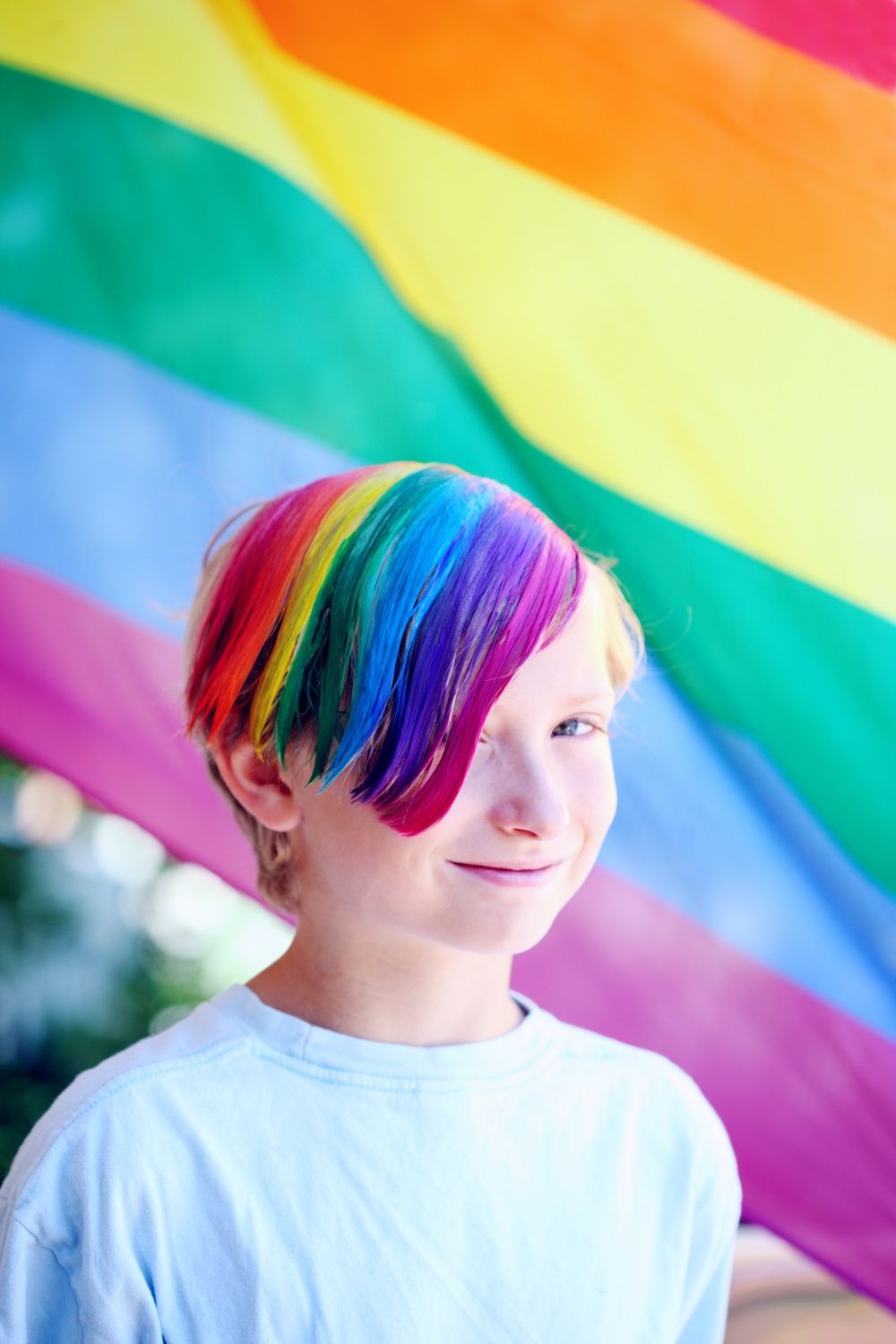
Schools and other institutions such as churches and children's sport clubs have limited know-how about how to deal with children growing up in rainbow families. According to a new doctoral thesis from the University of Gothenburg, the task of informing about and explaining non-normative sexuality, transgender identity and queer family ties is instead left up to the children themselves.
'Children who grow up in rainbow families navigate and negotiate their family relations in a large number of contexts. They are forced to explain themselves and educate other people in a wide range of situations, such as when they talk about their families in school,' says Per Nordén, the author of the doctoral thesis.
Nordén interviewed 28 individuals born 1975-1997, which made them 15-37 years old at the time of the interviews. All 28 persons had grown up with one or several homosexual, bisexual or transgender parents in Sweden. Even though this group of children has always existed, the Language Council of Sweden did not give them an official name until 2006: regnbågsbarn, or rainbow children.
Since then, the Swedish legislation surrounding adoptions, insemination and sex reassignment has been subject to multiple revisions. However, despite the social and political changes, few studies have been carried out from the children's perspective. In his doctoral thesis, Nordén explores the rainbow children's experiences regarding family, education and leisure activities in depth.
A central feature of the interviewed individuals is that all of them have had to deal with their queer family background in various ways. Some have faced violence, some have been forced to defend themselves in other ways and others have chosen to be silent. Nordén also shows how several of the subjects have experienced homophobia, or what he calls heterosexism and transnegativity, due to their queer family structures. However, not everybody claims to have experienced serious problems.
'The aim of the Swedish school system has been further developed and clarified multiple times over the years, but has always focused on the importance of children's ability to complete their compulsory education. By interviewing persons who grew up in rainbow families, it became clear that the family structures of children in this group can have social implications for their education,' he says.
'One subject said that just about every single social studies class in upper secondary school ended with a heated discussion about whether homosexual people should be allowed to parent a child, something that implied a direct and repeated questioning of the student's family structure.'
In another case, the child was sent to the school counsellor because she was part of a large group of girls who were known to cause problems. At the counsellor's office, she was asked whether she was a troublemaker because she was afraid of ending up lesbian like her mother.
'Although I did expect these types of situations to appear during the interviews, I was surprised by how common they were,' says Nordén. Outside of school, it is much easier for children to actively choose who to interact with, and many of the interviewees had good experiences of friendship and social life in for example church groups and sport teams. But there were some exceptions.
'I remember in particular one person who as a teenager was asked to go home and pray for her homosexual father to be healed. She left the congregation and therefore also her social context, her choir and her faith in God.
